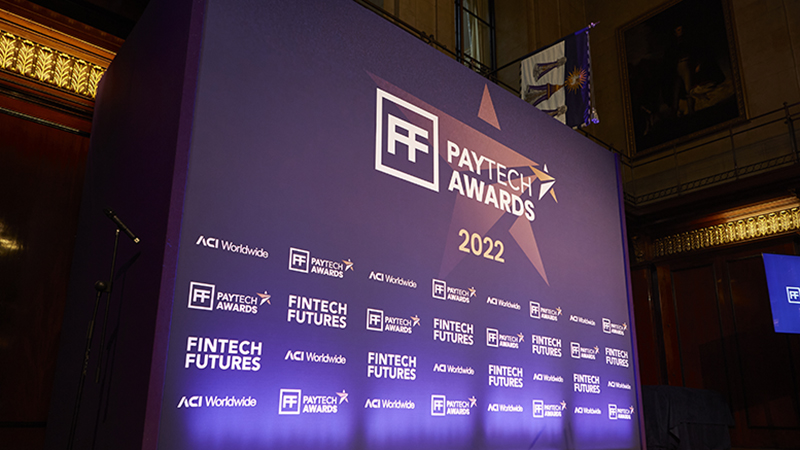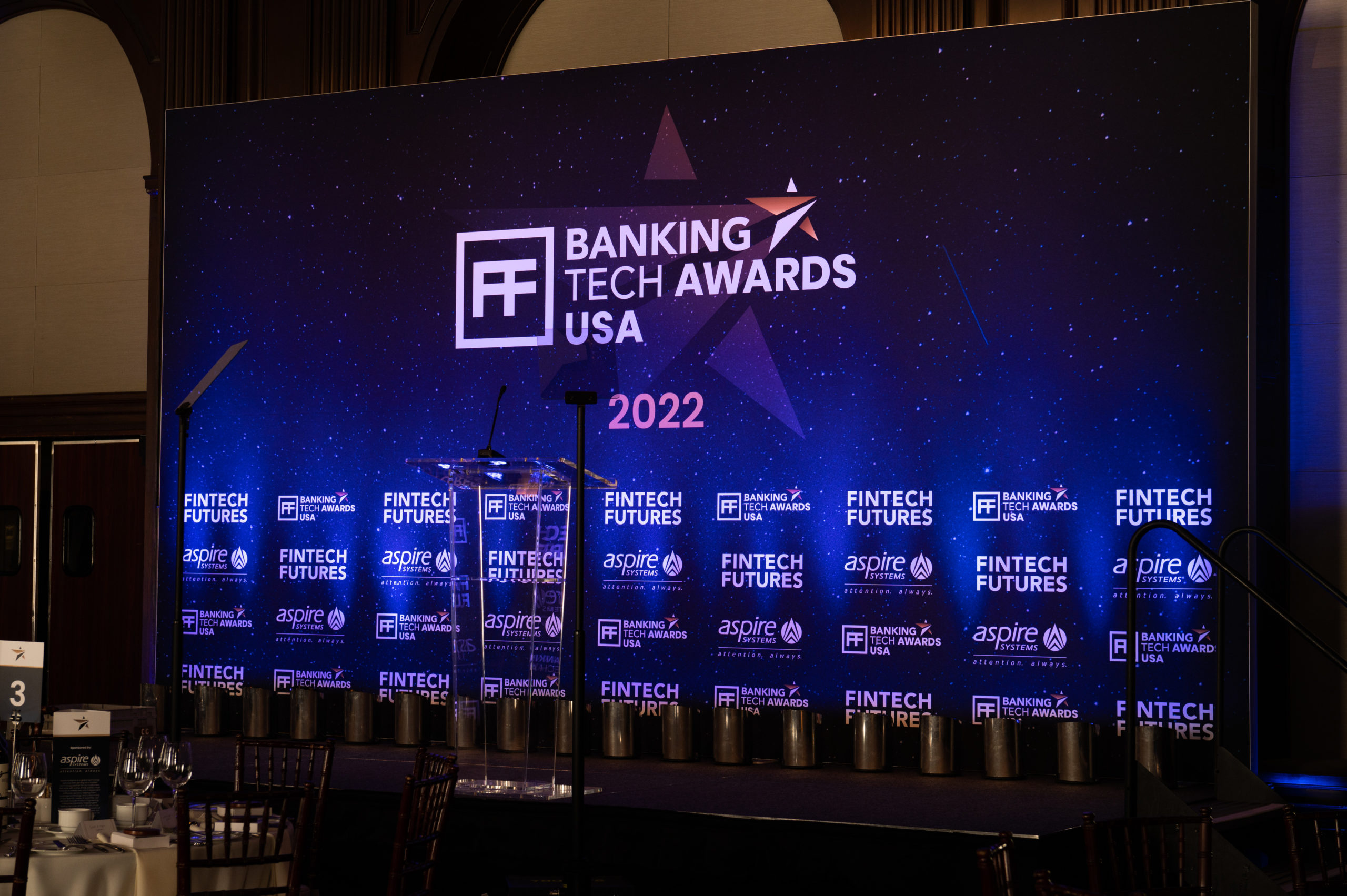
Back off blockchain! And move over metaverse! The future tech on the minds of many innovators in fintech and financial services is quantum computing.
Quantum computing leverages the concepts of quantum mechanics to make complex computations that would be very difficult – if not impossible – for traditional, non-quantum computers. Quantum computing provides exponential increases in processing speed, boosting computational power and benefiting fields from risk modeling to natural language processing. Businesses can deploy quantum computers to provide enhanced cybersecurity with complex, hard-to-hack algorithms. And it is easy to see how quantum computing would fit comfortably in a world of increasingly sophisticated machine learning and AI. In fact, based on a forecast by Boston Consulting Group, the quantum computing industry is expected to be worth $850 billion by 2035. This is the year when the consultancy believes the technology will have “matured.”
But, as we’ve learned from our forays into cryptocurrencies and the metaverse, the devil is in the deployments. We need to see use cases in order to understand and invest in whatever role a new technology might play in our lives. Quantum computing has not done as well on this front as Generative AI has, of late. But there are signs that financial services in particular remain interested in quantum computing. And the fruits of those investigations may arrive sooner than we think. Last month, HSBC and Quantinuum announced a “series of exploratory projects that exploit the potential near- and long-term benefits of quantum computing for banking.” The joint statement highlighted cybersecurity, fraud detection, and natural language processing” as areas of emphasis.
And just this week, Truist Financial, one of the top ten commercial banks in the U.S. announced that it has joined IBM’s Quantum Accelerator program. The program will enable participants in financial services to build skills in quantum computing. For its part, Truist is focused on exploring potential use cases for the technology in consumer banking.
“Quantum computing has the potential to transform how we do banking and solve complex problems,” Truist Chief Information Officer Scott Case said. “IBM is a leader in quantum computing and their collaboration and expertise will be invaluable to ensure we are able to leverage these new technologies to the fullest potential.”
IBM Iaunched its Quantum Accelerator program in September 2021. The program is designed for organizations that are both “quantum curious” as well as those already looking to develop real competency in quantum technology. The accelerator gives participants access to the company’s quantum computing systems, as well as IBM’s quantum computing experts.
In turn, IBM joined Truist’s Innovators in Residence initiative. This initiative is designed support collaborations between IBM and startups in fintech and financial services.
Meanwhile, Japanese megabank MUFG is putting its money to work to bring quantum computing to the banking and financial services industries. The bank has purchased an 18% stake in a quantum computing startup called Groovenauts, a stake that reportedly cost the financial institutions “billions of yen.”
Based in Japan, Groovenauts specializes in a computing process known as “quantum annealing.” This technology involves finding an optimal answer based on a massive number of combinations. To this end, Groovenauts connects companies with quantum computers owned by various research institutions, blending data processing technology with AI to enable businesses to more readily take advantage of quantum computing.
MUFG’s investment is the first direct investment in quantum computing by any of Japan’s three large megabanks. MUFG is specifically looking to use quantum technology to mitigate risk in financial derivative trading and asset risk management. The bank also believes that quantum computing will help it achieve significant operational efficiency gains.








